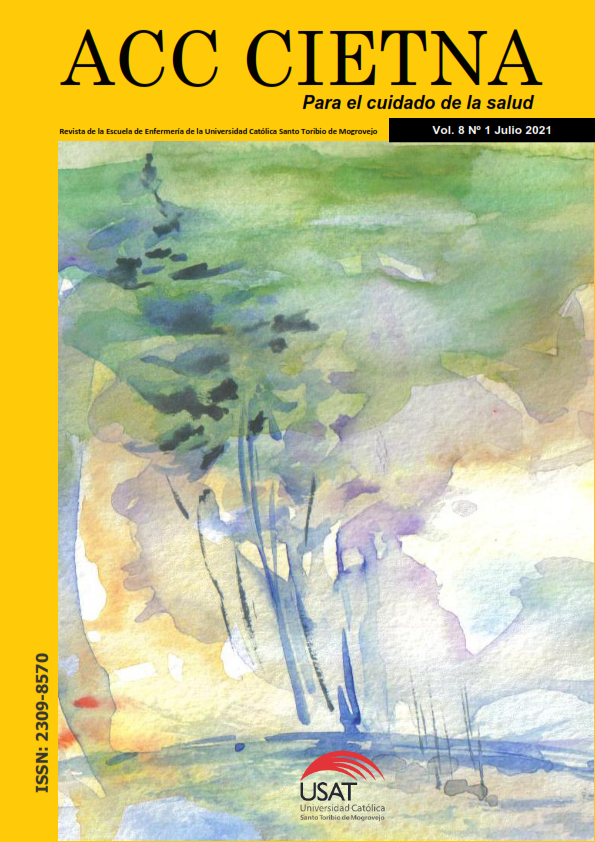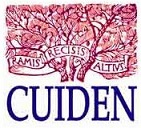The person in history
Abstract
The person throughout of the history, is a short essay that shows the revolts and attacks towards a single concept: Person. In this way, man faces two positions: From traditional philosophy and from modern currents; that is to say, while philosophy needs to explore those little-expanded concepts about the person, the currents will take advantage of these voids to limit man to thoughts, emotions and pleasures, as well as to question his dignity and integrity. In sequence, despite the different perspectives of these movements, both conclude that man is an indispensable element in society. Discovering the true human essence makes it possible to find the good, the truth and the beauty; For this reason, reflecting on man allows to reach an extra connection with the creator, who through the use of powers shapes his projects on each one.
Downloads
References
Chesterton GK. Everlasting Man. San Francisco, CA, Estados Unidos de América: Ignatius Press; 1993
Aristóteles. Etica a Nicómaco [Internet]. La Villa y Corte de Madrid. España: Alianza Editorial; 2001 [citado 10 Abr 2021]. Disponible en: http://mastor.cl/blog/wp-content/uploads/2017/12/Etica-a-Nicomaco-Aristoteles-PDF.pdf
Frankl VE. El hombre en busca de sentido. Barcelona: Herder Editorial, S.L.; 2015
Muñoz EV. El concepto de empatía (Einfühlung) en Max Scheler y Edith Stein. Sus alcances religiosos y políticos. Veritas (Valpso, Impresa). 2017; (38): 77–95.
Sabiduría, ciencia y fe: concepto de persona [Internet]. Youtube; 2016 [citado 9 Abr 2021]. Disponible en: https://www.youtube.com/watch?v=xX-d7Qq1pSc
Culleton A. Tres aportes al concepto de persona: Boecio (substancia), Ricardo de San Víctor (existencia) y Escoto (incomunicabilidad) / Three Settlements in the Concept of Person: Boethius (substance), Richard of St. Victor (Existence) and Scotus (Incommunicability). Rev esp filos mediev [Internet]. 2010 [citado 9 Abr 2021]; 17 (2010): 59-71. Disponible en: https://www.uco.es/ucopress/ojs/index.php/refime/article/view/6145
Polo L. Antropología trascendental. Tomo I - La persona Humana. Plaza de los Sauces, 1 y 2. 31010 Barañáin (Navarra) - España: Ediciones Universidad de Navarra, S.A. (EUNSA); 2003
Sellés JF. Leonardo Polo. 2014
Sellés JF. Las operaciones inmanentes del conocer y del querer. Facultad de Filosofía Universidad de Navarra. 2008; 20p.
Sellés JF. Leonardo Polo. 2014; 3p.
Molina F. La sindéresis. La sindéresis en Leonardo Polo - Parte II. Universidad de Navarra. España;
Sellés JF. Las operaciones inmanentes del conocer y del querer. Facultad de Filosofía Universidad de Navarra. 2008; 20p.
Ferment E. Persona y conciencia en Santo Tomás de Aquino. Revista española de filosofía medieval, 2003
Sellés JF. Leonardo Polo. 2014; 8. (s/f).
Chesterton G. Everlasting Man. San Francisco, CA, Estados Unidos de América: Ignatius Press; 1993
Sellés JF. Leonardo Polo. 2014
Frankl VE. El hombre en busca de sentido. Barcelona: Herder Editorial, S.L.; 2015
Sellés JF. La sindéresis o razón natural como la apertura cognoscitiva de la persona humana a su propia naturaleza una propuesta desde Tomás de Aquino. Rev esp filos mediev. [Internet]; 2003 [citado 9 Abr 2021]; 10 (2003): 321-333p. Disponible en: https://www.uco.es/ucopress/ojs/index.php/refime/article/view/9273/8770
Aristóteles. Ética a Nicómaco [Internet]. La Villa y Corte de Madrid, España: Alianza Editorial; 2001. p. 31. Disponible en: http://mastor.cl/blog/wp-content/uploads/2017/12/Etica-a-Nicomaco-Aristoteles-PDF.pdf
Lewis CS. La Abolición del Hombre. Bracho R, editor. Createspace; 2015
Sellés JF. Leonardo Polo. 2014. p. 13
De Unamuno M. Sólo el que sabe es libre y más libre el que más sabe. Proverbia [Internet]. Proverbia.net. [citado 10 Abr 2021]. Disponible en: https://proverbia.net/cita/453059938-solo-el-que-sabe-es-libre-y-mas-libre-el-que-mas-s
Los autores conservan los derechos de autor.
Esta obra está bajo una licencia internacional Creative Commons Attribution 4.0.
Los artículos publicados por la revista científica "Acc Cietna: para el cuidado de la salud" de la Escuela de Enfermería de la Universidad Católica Santo Toribio de Mogrovejo, Chiclayo, Perú están sujetos a una licencia internacional Creative Commons Attribution CC BY 4.0.




















 BIBLIOTECA USAT
BIBLIOTECA USAT